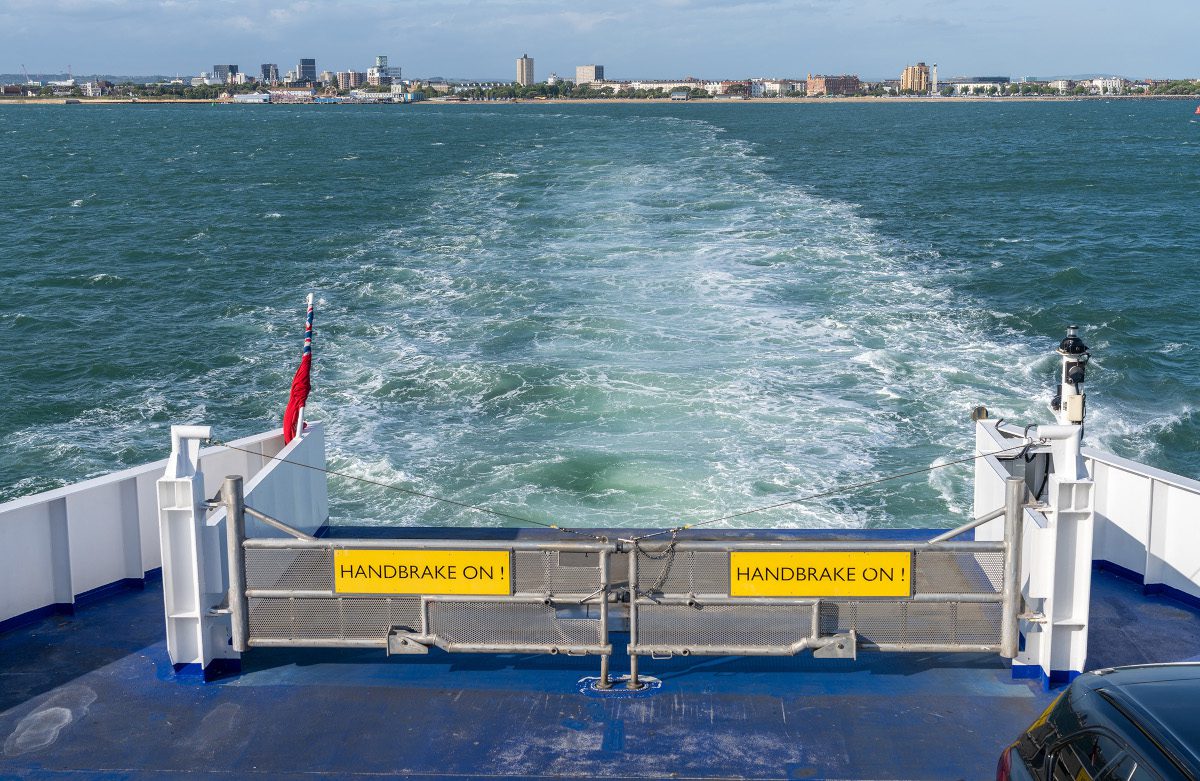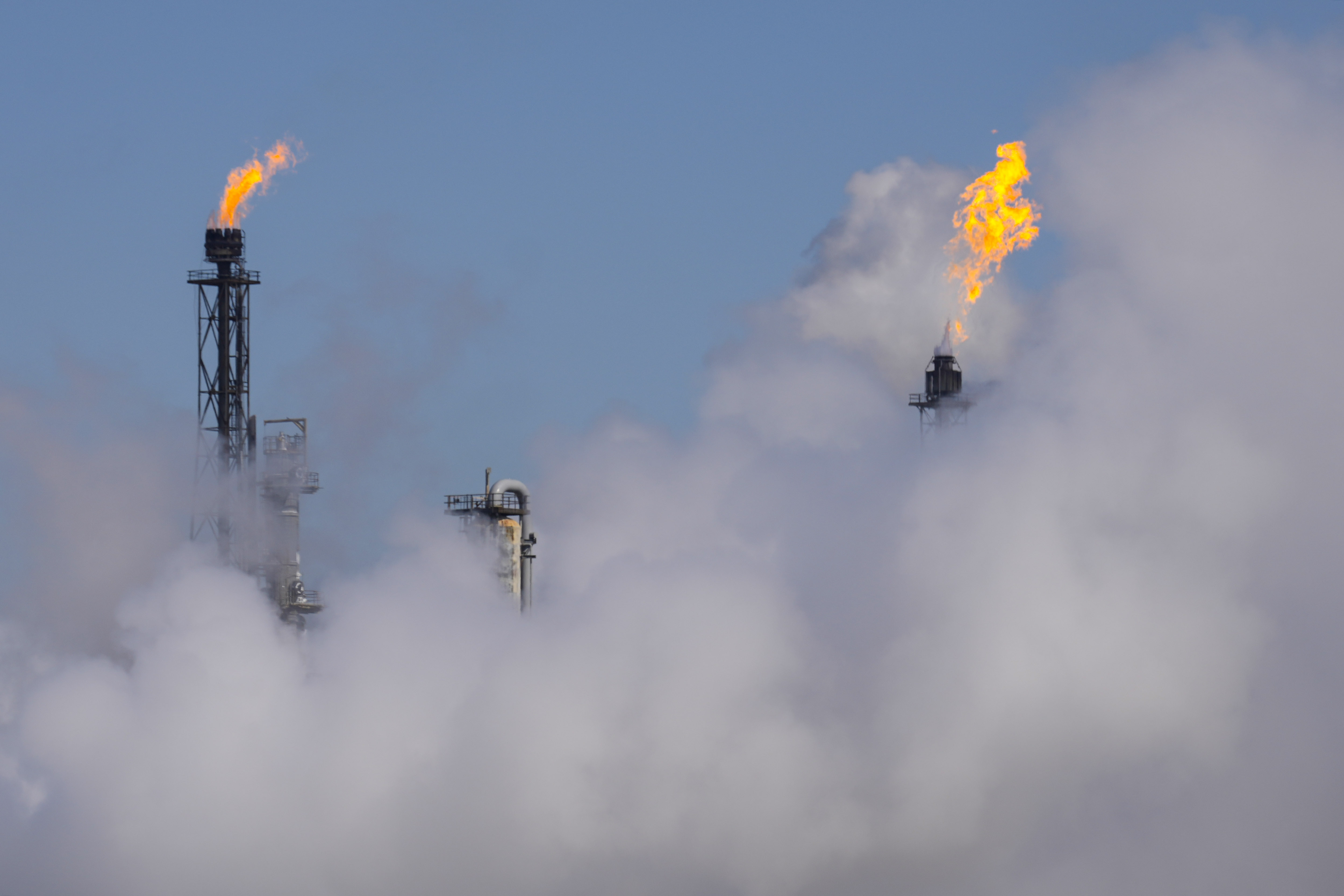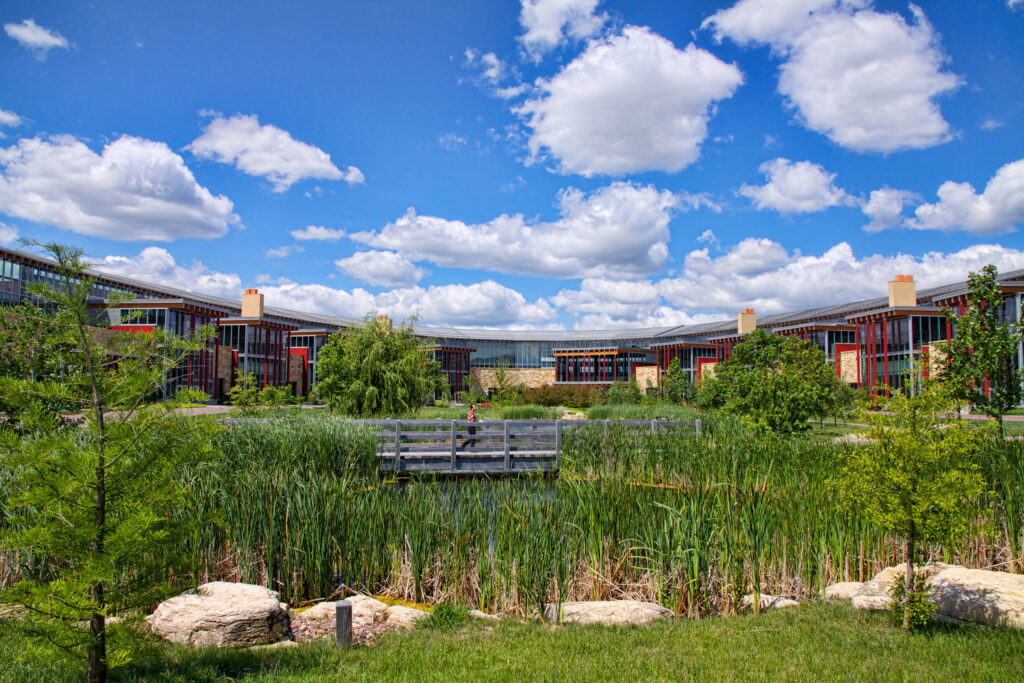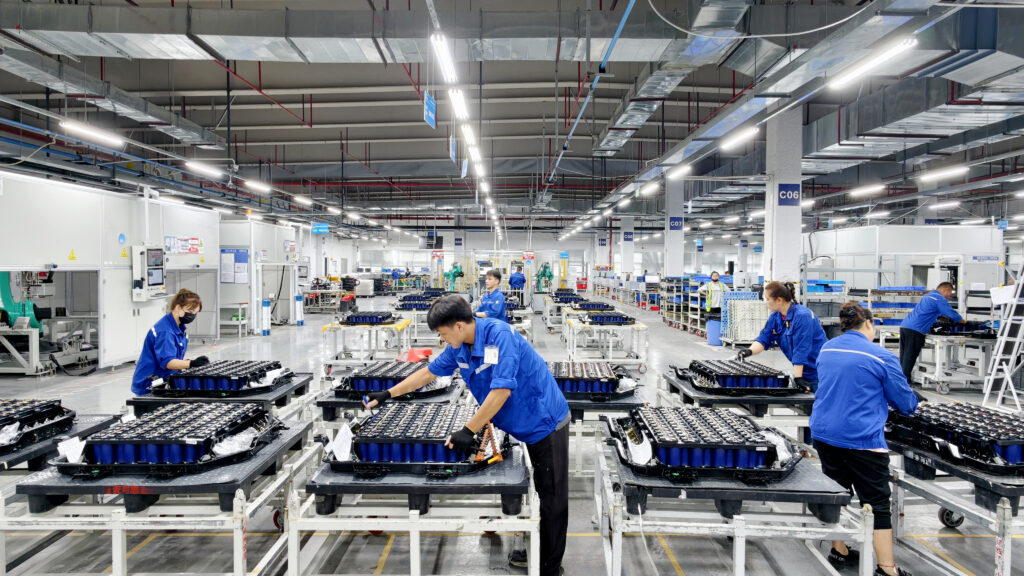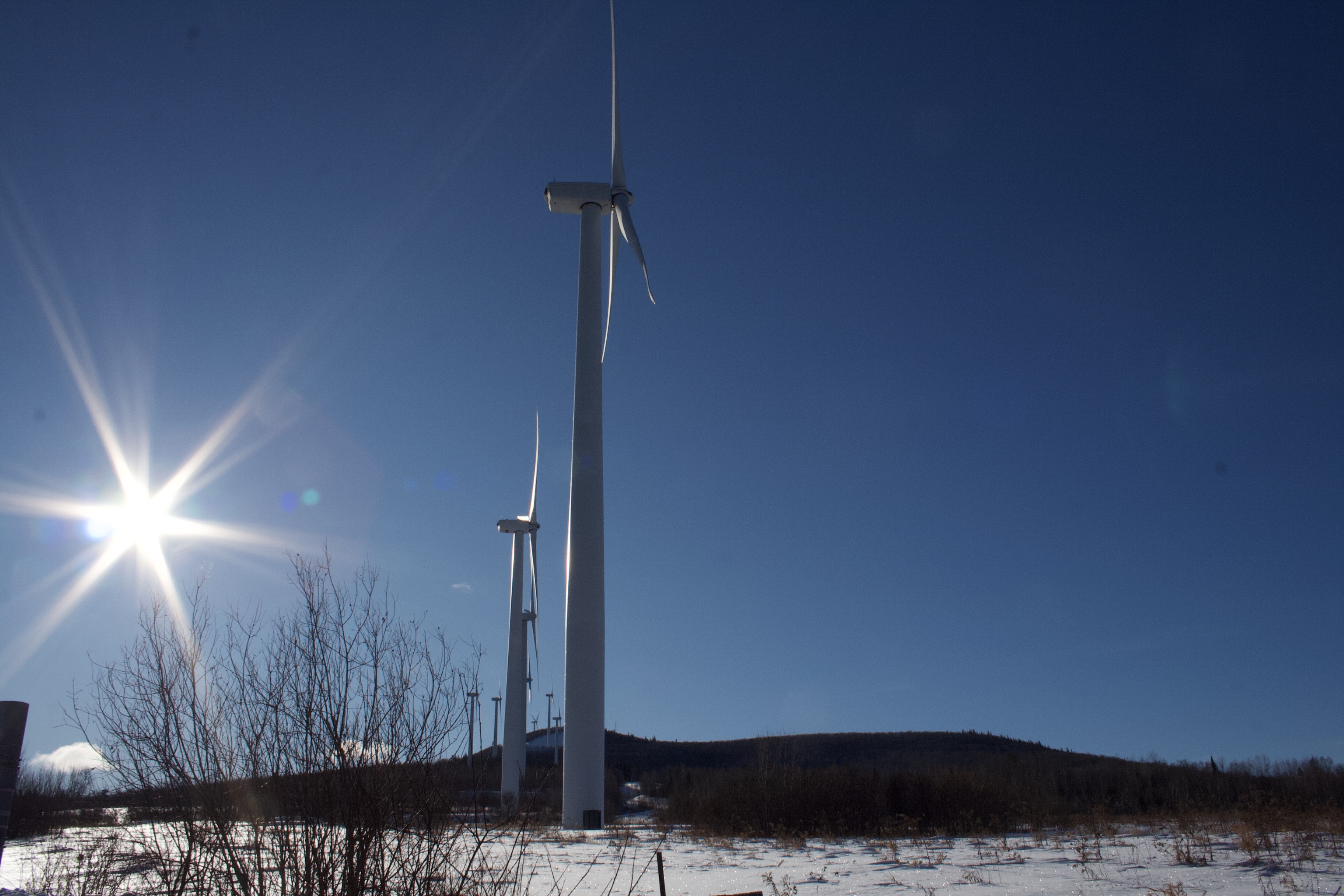Construction has begun on Tata Steel UK’s Electric Arc Furnace (EAF) facility in Port Talbot, said to be the UK’s largest low-carbon steelmaking facility.
At a ground-breaking ceremony on Monday 14 July, the group’s chairman, Natarajan Chandrasekaran, marked the opening of this new phase in the project, described by Business Secretary Jonathan Reynolds as “great news for Welsh steelmaking”.
The UK government has committed £500 million towards an overall £1.25 billion investment by the group in efforts to modernize and decarbonize its UK operations, a transition to low-CO2 steelmaking that includes construction of the new EAF, the decommissioning of two aging blast furnaces and coke ovens, and the provision of additional supporting infrastructure, training and other preparations for lower-emissions operations.
In some analyses, electric Arc Furnaces can cut CO₂ emissions by up to 80–90% compared to traditional blast furnace–basic oxygen furnace (BF‑BOF) steelmaking, especially if powered by renewable electricity.1
Tata Steel UK said the new EAF — set to be commissioned at the end of 2027 — is expected to reduce Port Talbot’s carbon emissions by approximately 90%, equivalent to 5 million tonnes of CO₂ per year, while securing high-quality sustainable steel production and supporting 5,000 UK jobs directly.
Speaking ahead of the ceremony, Mr Chandrasekaran said the ground-breaking marked “the beginning of… a new era for sustainable manufacturing in Britain”.
The Port Talbot EAF will be one of the largest in the world, melting UK-sourced scrap steel to produce 3 million tonnes of steel per year. As part of Tata Steel UK’s broader decarbonisation strategy, the project also includes new ladle metallurgy facilities, infrastructure upgrades, and partnerships with leading technology providers such as Tenova, ABB, and Clecim.
Construction is being led by main contractor Sir Robert McAlpine, alongside a regional supply chain that includes Darlow Lloyd & Sons, Mii, Skelton Thomas, Wernick Buildings, Andrew Scott Ltd and Systems Group.
Secretary of State for Wales Jo Stevens said:
“The UK Government acted decisively to ensure that steelmaking in Port Talbot will continue for generations to come, backing Tata Steel with £500 million to secure its future in the town, along with £80 million to support workers and the wider community. Our Steel Strategy will also deliver £2.5 billion of investment to rebuild the UK industry, maintain jobs and drive growth.
“The construction of Tata’ s new furnace realises the promise we made to the community, while the development of floating offshore wind, plans for a Celtic Freeport and millions more for local regeneration all mean that Port Talbot has a bright future.”
First Minister Eluned Morgan said:
“This is a momentous day for heavy industry in Wales, as the electric arc furnace has secured the long-term future of steel making at Port Talbot. Seeing spades in the ground today provides a tangible sign of Tata’s intention to continue producing steel in the area, an industry which has provided quality jobs to local people for generations.
“The start of the construction phase is good news for Port Talbot and neighbouring communities, and I’m especially pleased that Tata has committed to employing local contractors and local workers where it can.”
Notes
[1] “Low-carbon production of iron and steel: Technology options, economic assessment, and policy”, Joule, April 2021. https://www.cell.com/joule/fulltext/S2542-4351%2821%2900095-7?utm_source=chatgpt.com



